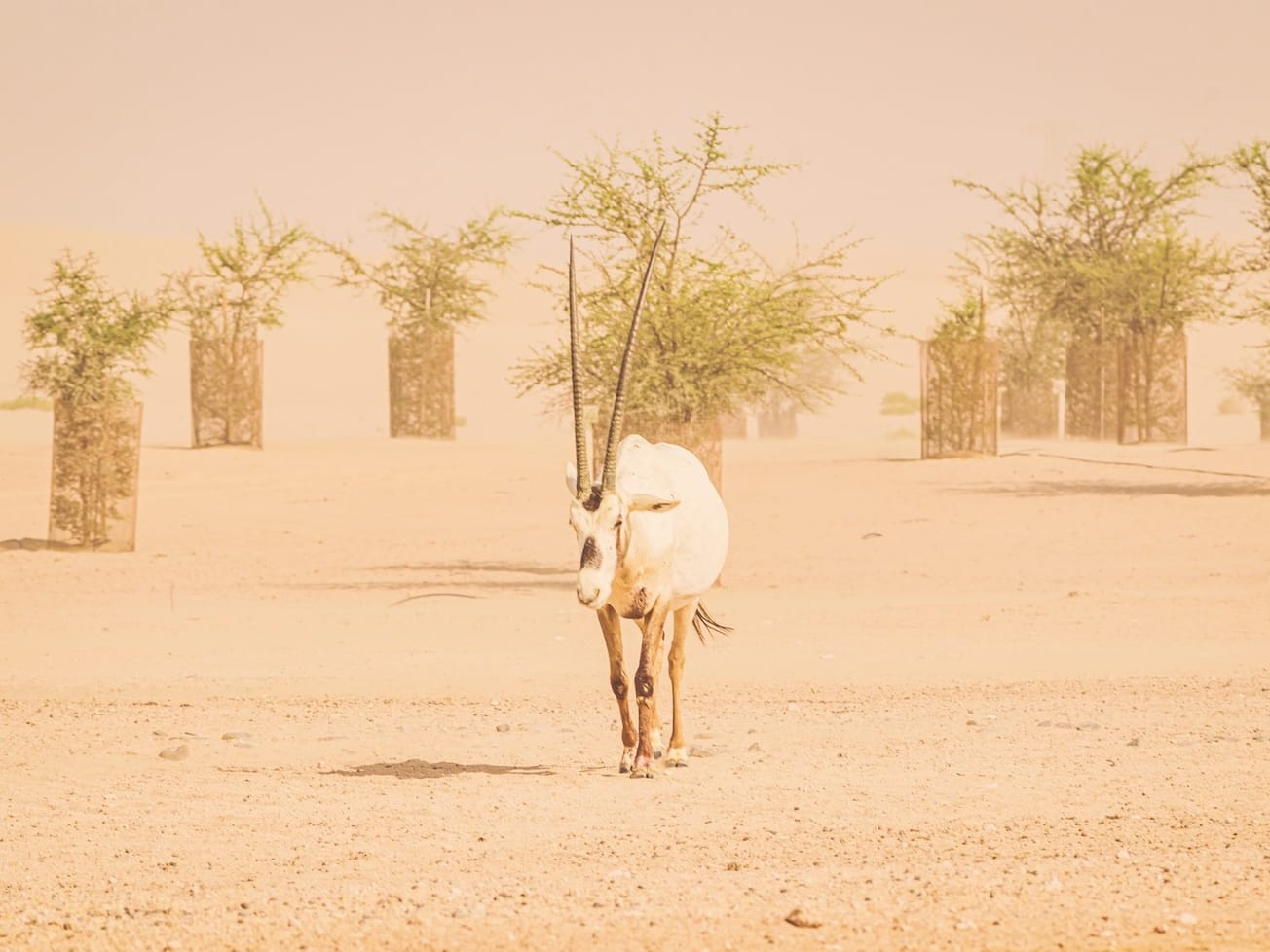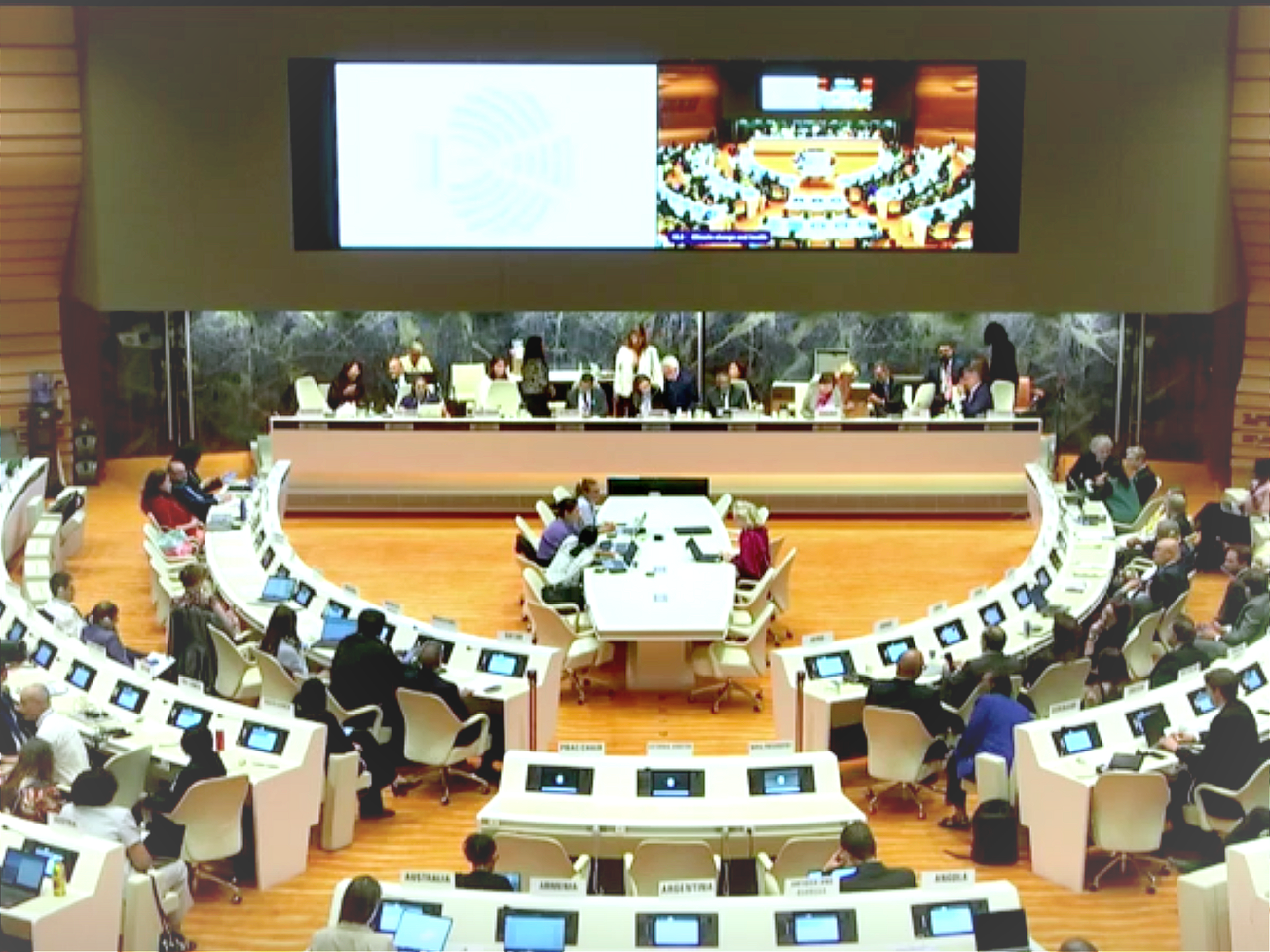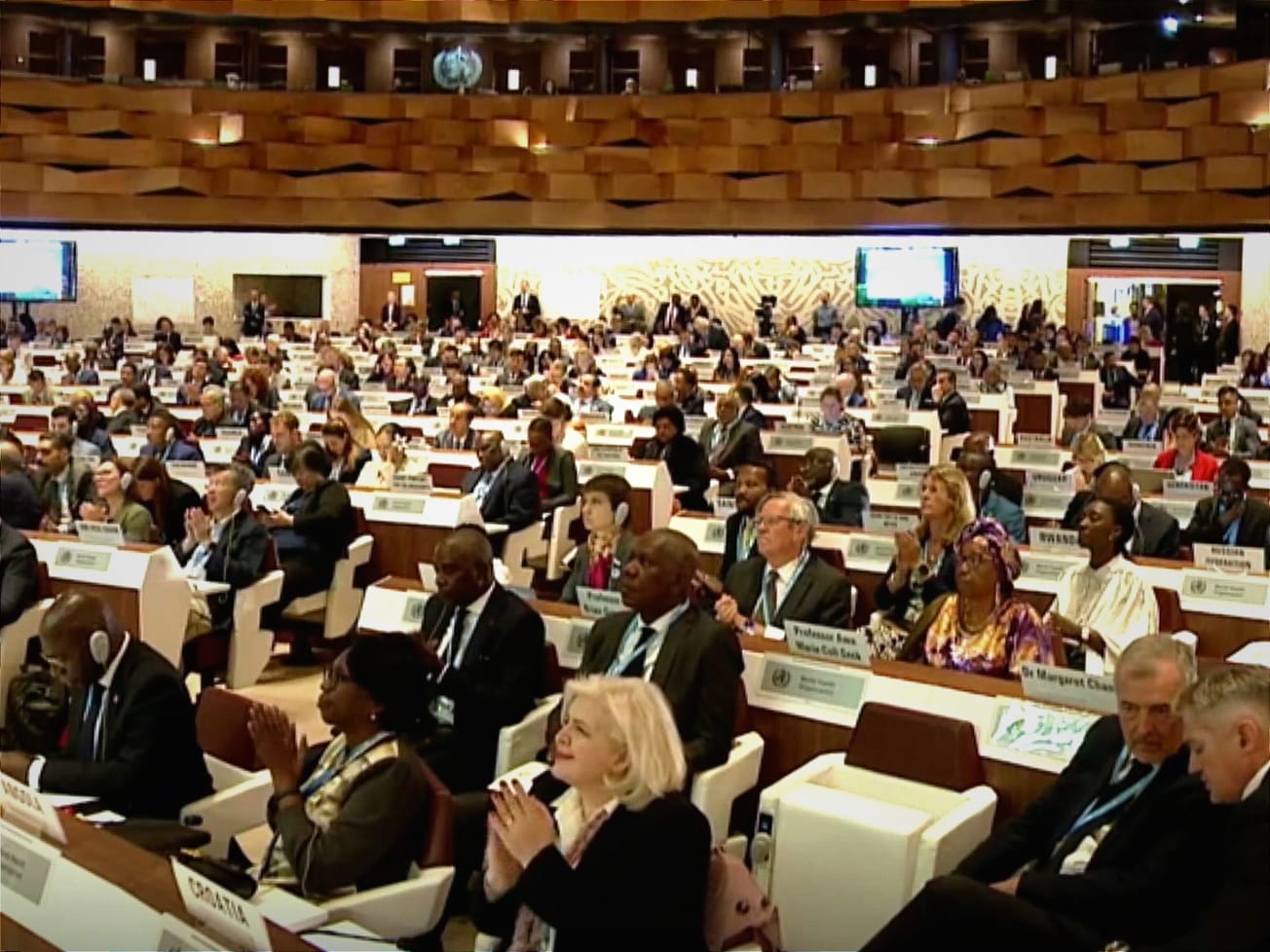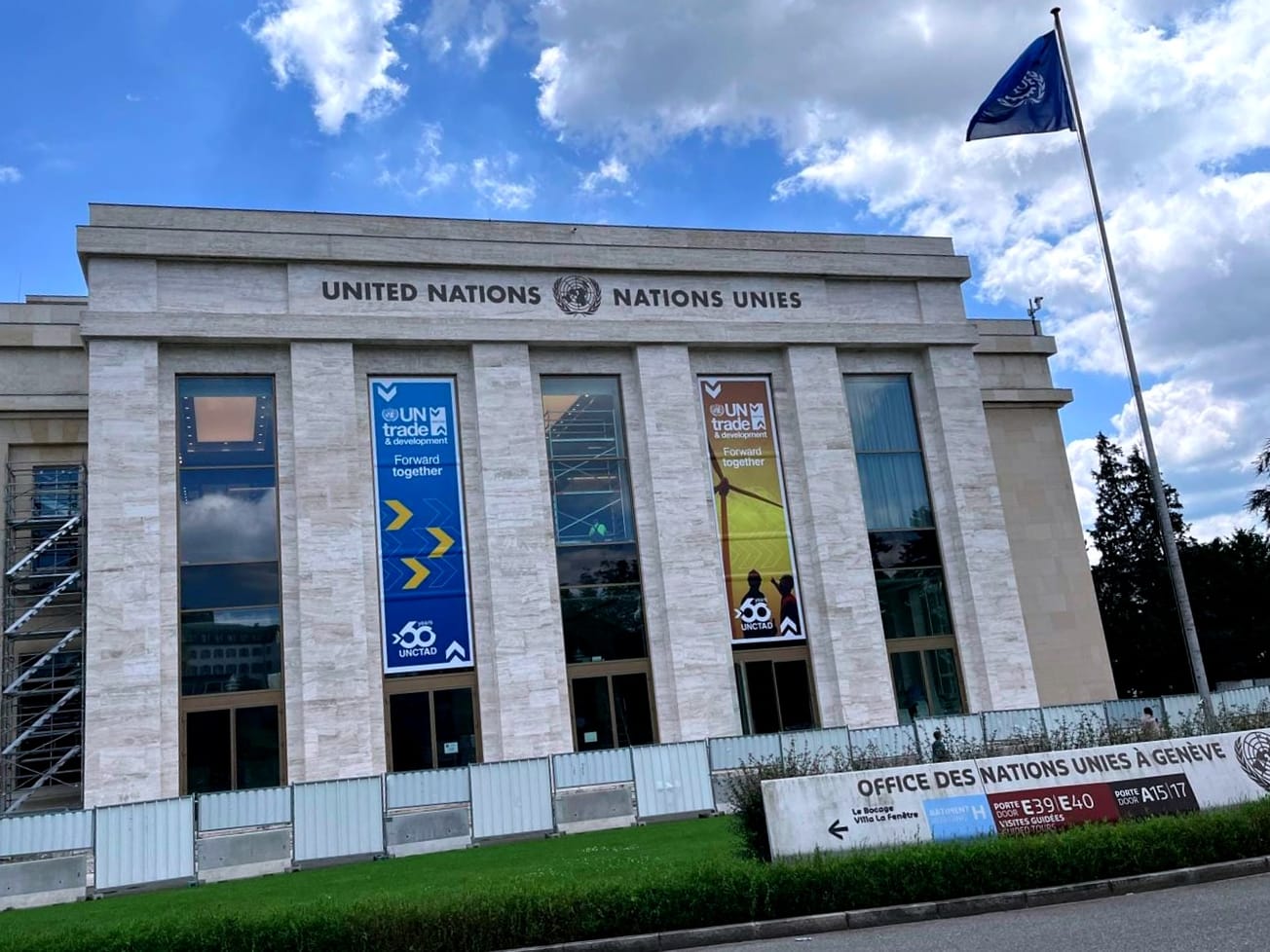Pandemics will become more frequent, faster spreading and deadlier than COVID-19 if people do not restore Earth’s natural life support systems, the 132-nation IPBES organization reported on Thursday.
Experts convened by the Intergovernmental Science-Policy Platform on Biodiversity and Ecosystem Services, or IPBES, warned that global health crises are strongly linked to the degradation of nature: though they originate in microbes carried by animals, pandemics emerge from human activities.







